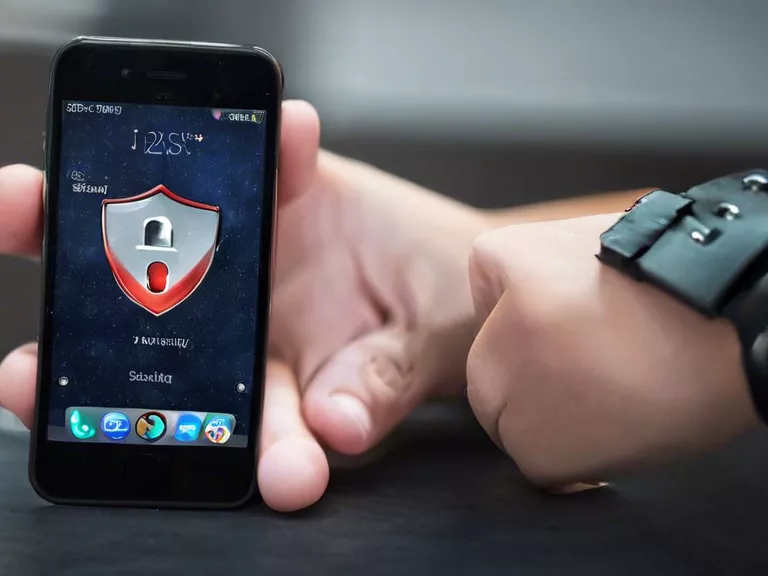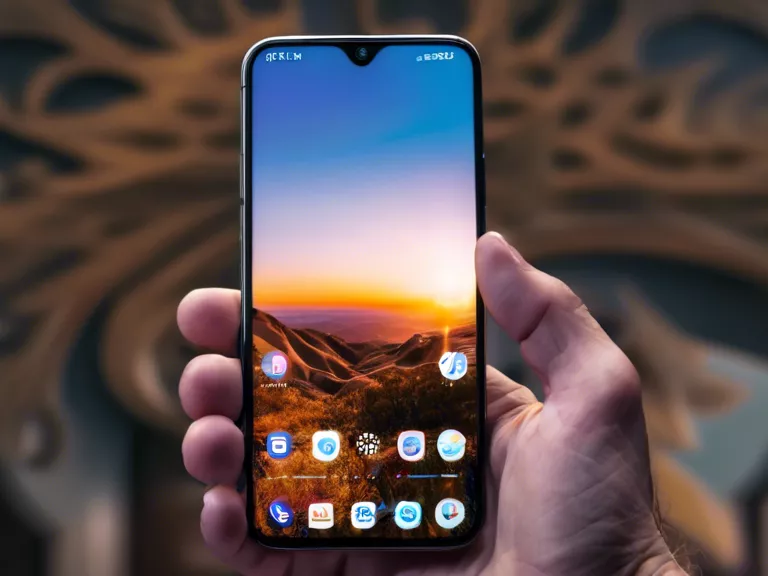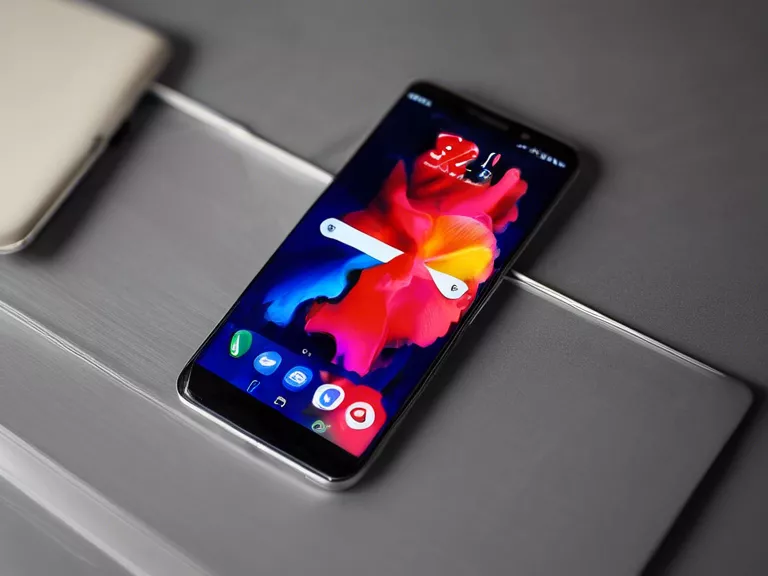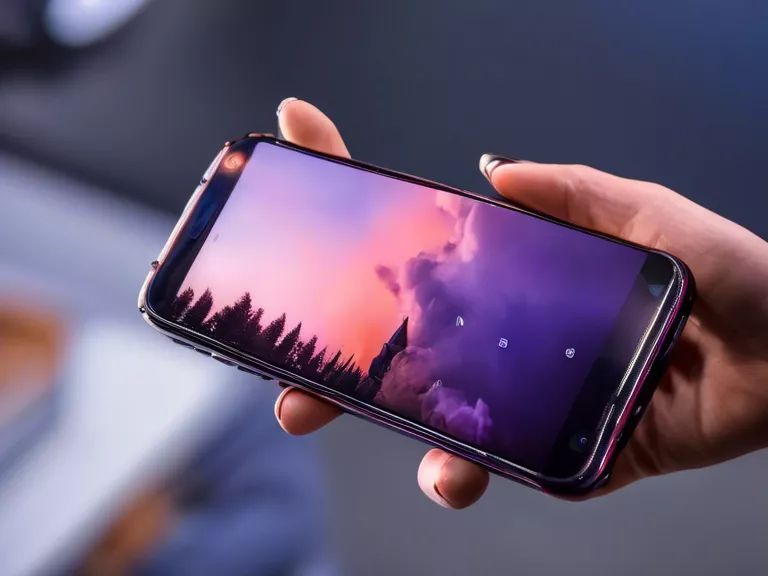
With the increasing reliance on smartphones for daily tasks, it is crucial to prioritize smartphone security to protect your personal data. Here are some essential smartphone security tips to keep your information safe:
Use a Strong Passcode: Set a strong passcode or use biometric authentication such as fingerprint or face recognition to prevent unauthorized access to your phone.
Enable Find My Phone: Activate the Find My Phone feature on your device so you can remotely locate, lock, or erase your phone in case it is lost or stolen.
Keep Your Software Updated: Regularly update your phone's operating system and apps to ensure you have the latest security patches and bug fixes.
Be Mindful of Public Wi-Fi: Avoid connecting to unsecured public Wi-Fi networks as they can be easily compromised. Use a virtual private network (VPN) for added security when accessing sensitive information on-the-go.
Review App Permissions: Check and review the permissions granted to apps on your phone. Restrict access to sensitive data such as your location, contacts, and camera to only essential apps.
Enable Two-Factor Authentication: Add an extra layer of security by enabling two-factor authentication for your accounts. This requires a verification code sent to your phone in addition to your password for access.
Backup Your Data: Regularly backup your phone's data to a secure cloud storage or external device in case of loss or theft.
Use Secure Payment Methods: When making online purchases or transactions, use secure payment methods such as Apple Pay or Google Pay to protect your financial information.
By following these smartphone security tips, you can safeguard your personal data and minimize the risk of falling victim to cyber threats.



